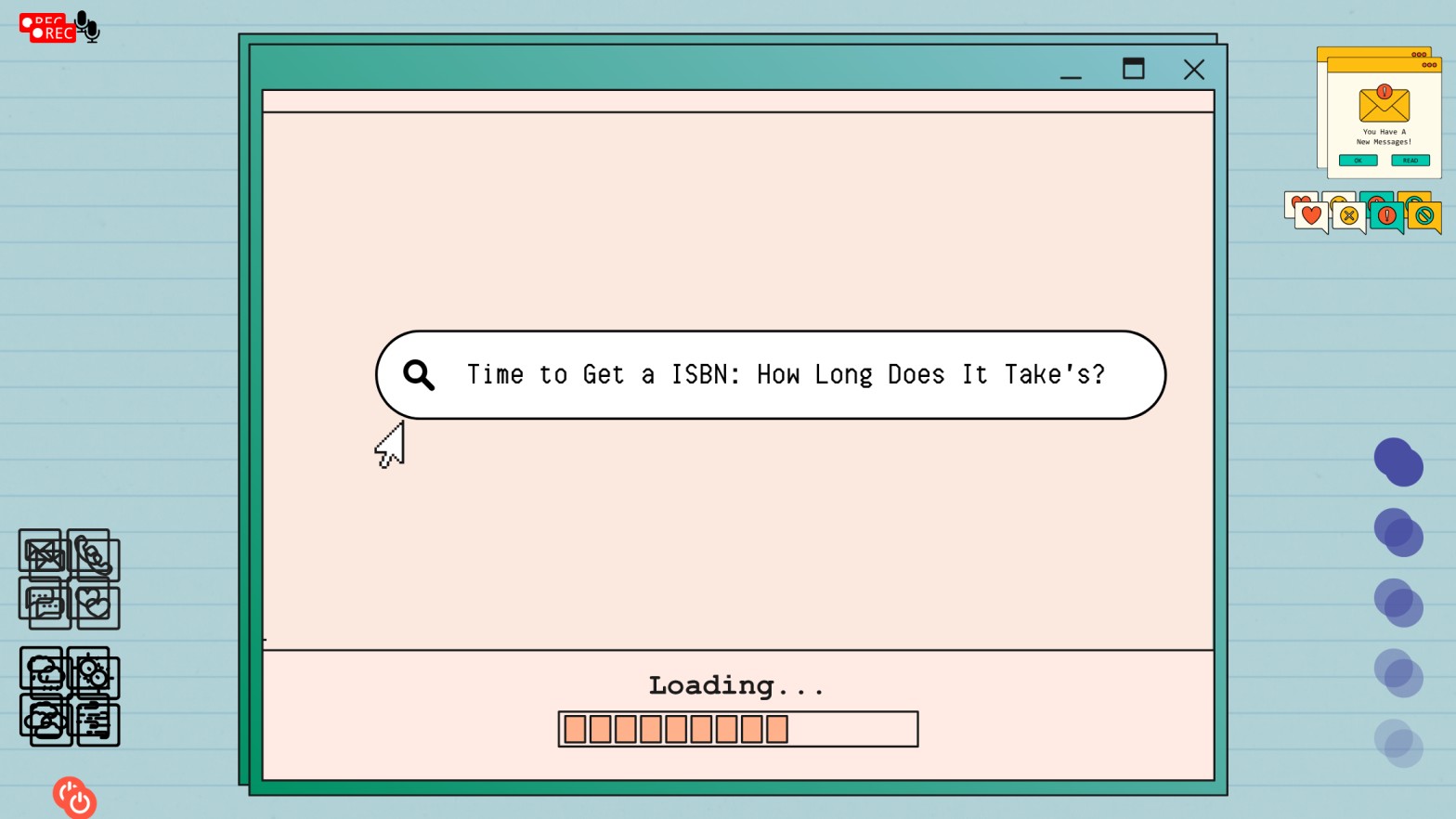
Getting an International Standard Book Number (ISBN) is a critical step in the publishing process. It is the unique identifier that allows your book to be sold in bookstores, tracked in libraries, and found by readers worldwide. But if you are a first-time author, a common question is, “How long will this process take?” The answer isn’t a single number, as it depends on your location and how you obtain your ISBN. However, with the right information, you can get your ISBN with surprising speed.
In many countries, including the United States, you can receive your ISBNs almost instantly when you purchase them directly from the official agency, ISBN Service. The process is straightforward: you create an account, select the package of ISBNs you want (a single ISBN or a block of 10, 100, etc.), and complete the payment. As soon as the transaction is approved, the ISBNs are digitally added to your account.
This immediate delivery means you can have the numbers you need to start the book design process right away, as the ISBN is required for the copyright page and the back cover barcode. It’s important to remember that this immediate process only provides the raw numbers; you’ll still need to register each number with the book’s specific metadata (title, author, format, etc.) later.
While you can get the ISBN (International Standard Book Number) numbers instantly, the time it takes for that information to be processed by the ISBN agency and disseminated to major databases (like Books in Print) can vary. After you assign an ISBN to your book and enter all the bibliographic data, the agency needs to review and approve that information.
Keep in mind that this is the time it takes for the ISBN agency’s internal process. It can take additional time for that information to filter out to third-party retailers and online platforms like Amazon, Barnes & Noble, and Goodreads.
Many self-publishing platforms, such as Amazon’s Kindle Direct Publishing (KDP), offer authors a “free” ISBN. While this may seem like an easy way to save money, it comes with a major caveat: the platform is listed as the publisher, not you.
This is a key distinction that can have long-term consequences. When you use a free ISBN, you lose some control and flexibility. The ISBN is tied to that specific platform, which can make it difficult to distribute your book through other channels. If you decide to move your book to a different publisher or retailer in the future, you may have to get a new ISBN, essentially starting over.
For free ISBNs, the processing time is often integrated into the platform’s overall publishing timeline. For example, KDP’s (Kindle Direct Publishing) own publishing and review process typically takes anywhere from 24 to 72 hours to make your book live on Amazon.
While the process of getting an ISBN might seem like a small detail in your Book publishing journey, it’s a foundational step that sets the stage for your book’s success. The good news is, for many authors, getting an ISBN is a surprisingly quick and painless process, often taking just a few minutes of your time. The real work begins after you have the number, when you register your book’s information and prepare it for distribution.
By understanding the difference between a self-purchased ISBN and a free one, you can make an informed decision that gives you full control over your book’s future. Investing in your own ISBN is a small cost that can save you from a world of logistical headaches and ensure that your book is treated as a professional product in the eyes of the publishing industry. So, get that number, and get back to what you do best: sharing your story with the world.
